Hyundai i30 vs Tesla Model S – Which model is better for everyday use?
Compare performance, boot capacity, efficiency and price at a glance.
Find out which car is the better choice for you – Hyundai i30 or Tesla Model S?
Costs and Efficiency:
Looking at overall running costs, both models reveal some interesting differences in everyday economy.
Hyundai i30 has a convincingly advantage in terms of price – it starts at 24000 £, while the Tesla Model S costs 94300 £. That’s a price difference of around 70286 £.
Engine and Performance:
Under the bonnet, it becomes clear which model is tuned for sportiness and which one takes the lead when you hit the accelerator.
When it comes to engine power, the Tesla Model S has a significantly edge – offering 1020 HP compared to 140 HP. That’s roughly 880 HP more horsepower.
In acceleration from 0 to 100 km/h, the Tesla Model S is significantly quicker – completing the sprint in 2.10 s, while the Hyundai i30 takes 9.60 s. That’s about 7.50 s faster.
In terms of top speed, the Tesla Model S performs evident better – reaching 300 km/h, while the Hyundai i30 tops out at 197 km/h. The difference is around 103 km/h.
Space and Everyday Use:
Beyond pure performance, interior space and usability matter most in daily life. This is where you see which car is more practical and versatile.
Both vehicles offer seating for 5 people.
In curb weight, Hyundai i30 is decisively lighter – 1291 kg compared to 2170 kg. The difference is around 879 kg.
In terms of boot space, the Tesla Model S offers clearly more room – 793 L compared to 395 L. That’s a difference of about 398 L.
In maximum load capacity, the Tesla Model S performs distinct better – up to 1828 L, which is about 527 L more than the Hyundai i30.
When it comes to payload, Hyundai i30 clearly perceptible takes the win – 509 kg compared to 364 kg. That’s a difference of about 145 kg.
Who wins the race?
The Tesla Model S proves to be leaves the rival little chance and therefore becomes our DriveDuel Champion!
Tesla Model S is the better all-rounder in this comparison.
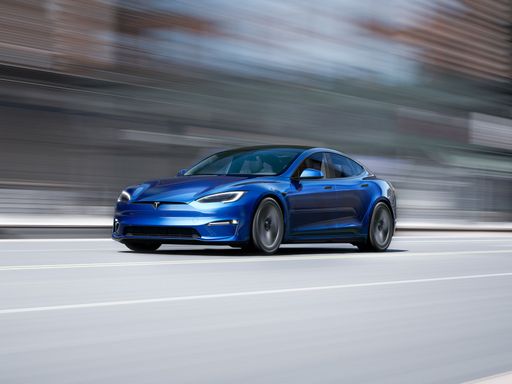 @ Tesla
@ Tesla
Tesla Model S
Hyundai i30
The Hyundai i30 stands out in the hatchback segment with its sleek design and modern features. It offers a comfortable ride with a well-crafted interior that caters to both driver and passengers. With its emphasis on safety and technology, the i30 provides a balanced driving experience suitable for urban and suburban environments.
details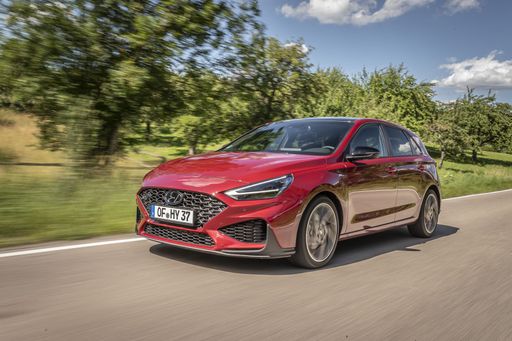 @ hyundai.news
@ hyundai.news
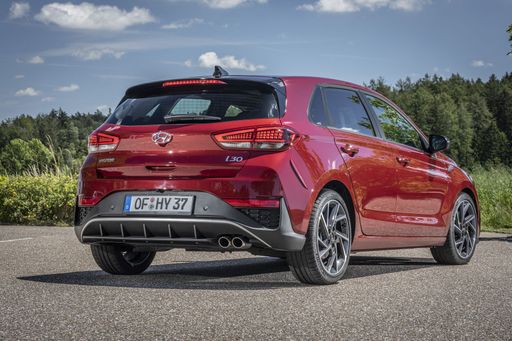 @ hyundai.news
@ hyundai.news
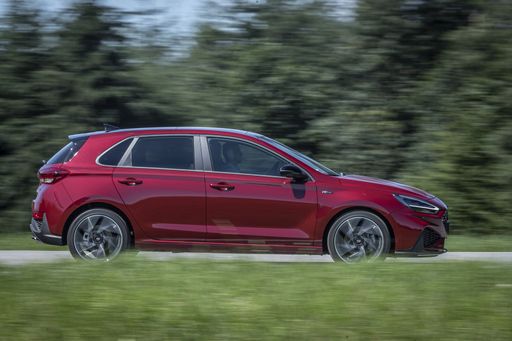 @ hyundai.news
@ hyundai.news
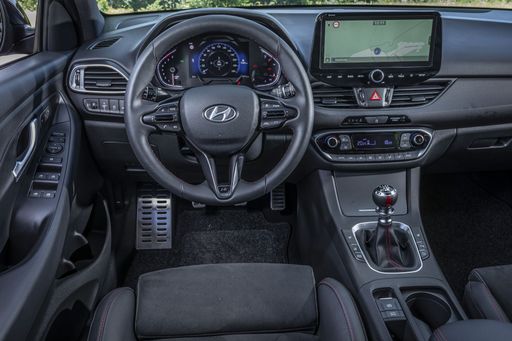 @ hyundai.news
@ hyundai.news
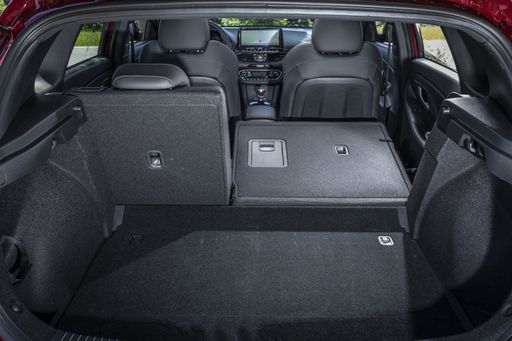 @ hyundai.news
@ hyundai.news
Tesla Model S
The Model S continues to set the standard for luxury electric vehicles, seamlessly blending performance with cutting-edge technology. Its sleek design and spacious interior provide an unparalleled driving experience, making it an ideal choice for modern enthusiasts. With features that emphasize both safety and sustainability, the Model S showcases the future of automotive innovation.
details @ Tesla
@ Tesla
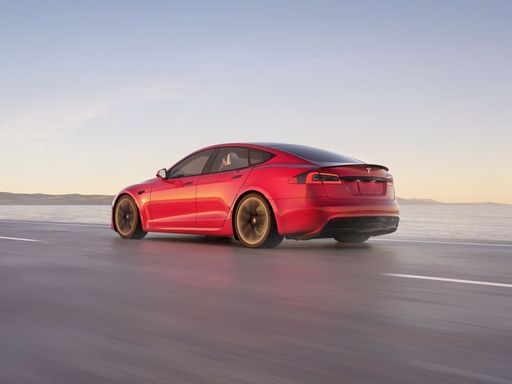 @ Tesla
@ Tesla
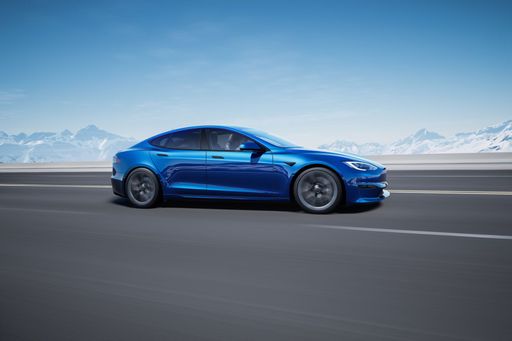 @ Tesla
@ Tesla
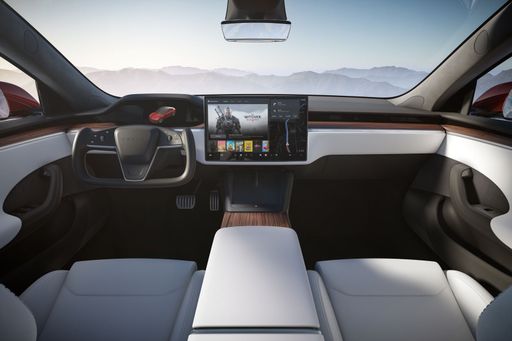 @ Tesla
@ Tesla
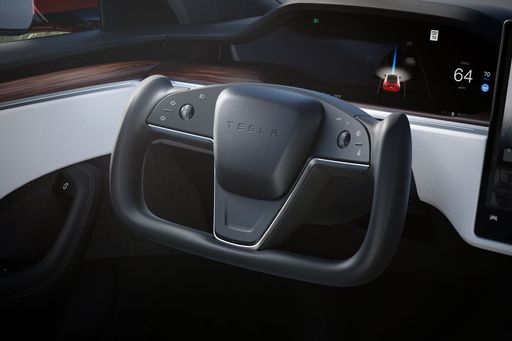 @ Tesla
@ Tesla
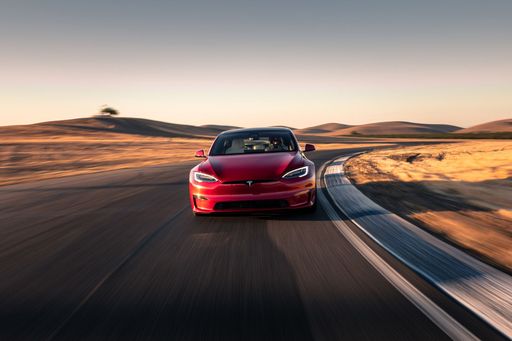 @ Tesla
@ Tesla
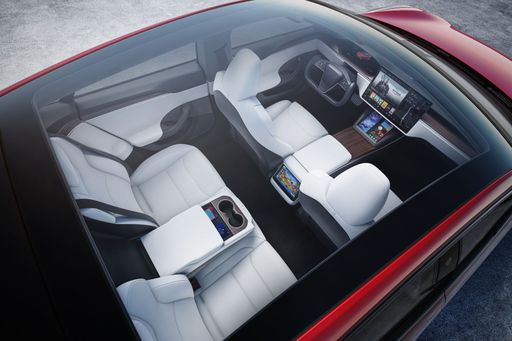 @ Tesla
@ Tesla
 @ hyundai.news
@ hyundai.news
|
 @ Tesla
@ Tesla
|
|
|
|
Costs and Consumption |
|
|---|---|
|
Price
24000 - 29300 £
|
Price
94300 - 102800 £
|
|
Consumption L/100km
5.7 - 6 L
|
Consumption L/100km
-
|
|
Consumption kWh/100km
-
|
Consumption kWh/100km
17.5 - 18.7 kWh
|
|
Electric Range
-
|
Electric Range
600 - 634 km
|
|
Battery Capacity
-
|
Battery Capacity
-
|
|
co2
130 - 136 g/km
|
co2
0 g/km
|
|
Fuel tank capacity
50 L
|
Fuel tank capacity
-
|
Dimensions and Body |
|
|---|---|
|
Body Type
Hatchback
|
Body Type
Hatchback
|
|
Seats
5
|
Seats
5
|
|
Doors
5
|
Doors
5
|
|
Curb weight
1291 - 1407 kg
|
Curb weight
2170 - 2265 kg
|
|
Trunk capacity
395 L
|
Trunk capacity
793 L
|
|
Length
4340 mm
|
Length
5021 mm
|
|
Width
1795 mm
|
Width
1987 mm
|
|
Height
1455 mm
|
Height
1431 mm
|
|
Max trunk capacity
1301 L
|
Max trunk capacity
1828 L
|
|
Payload
463 - 509 kg
|
Payload
364 kg
|
Engine and Performance |
|
|---|---|
|
Engine Type
Petrol, Petrol MHEV
|
Engine Type
Electric
|
|
Transmission
Manuel, Automatic
|
Transmission
Automatic
|
|
Transmission Detail
Manual Gearbox, Dual-Clutch Automatic
|
Transmission Detail
-
|
|
Drive Type
Front-Wheel Drive
|
Drive Type
All-Wheel Drive
|
|
Power HP
100 - 140 HP
|
Power HP
670 - 1020 HP
|
|
Acceleration 0-100km/h
9.6 - 13.1 s
|
Acceleration 0-100km/h
2.1 - 3.2 s
|
|
Max Speed
178 - 197 km/h
|
Max Speed
250 - 300 km/h
|
|
Torque
172 - 253 Nm
|
Torque
-
|
|
Number of Cylinders
3 - 4
|
Number of Cylinders
-
|
|
Power kW
74 - 103 kW
|
Power kW
493 - 750 kW
|
|
Engine capacity
998 - 1482 cm3
|
Engine capacity
-
|
General |
|
|---|---|
|
Model Year
2024
|
Model Year
2022 - 2023
|
|
CO2 Efficiency Class
D, E
|
CO2 Efficiency Class
A
|
|
Brand
Hyundai
|
Brand
Tesla
|
What drive types are available for the Hyundai i30?
Available configurations include Front-Wheel Drive.
The prices and data displayed are estimates based on German list prices and may vary by country. This information is not legally binding.
